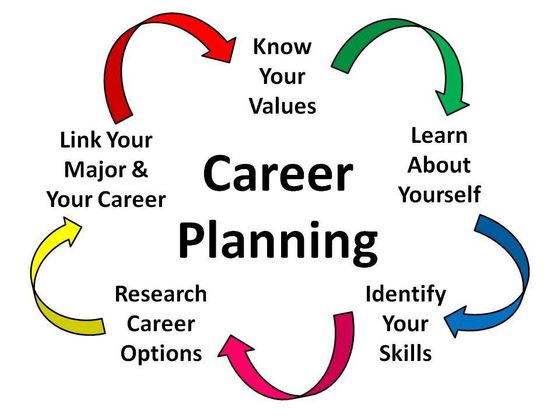Welcome to My Blog
Taking Charge of your Career Path
Career planning is essential for those in the mining industry to succeed, particularly as the mining industry has been in so much turmoil in recent years which has resulted in job opportunities having shrunken tremendously. For this reason planning and setting milestones for your desired career path in mining is essential. Doing this will give you a sense of direction, the opportunity to reflect on how your career path is progressing, whether you are achieving the milestones that you have set yourself, and the opportunity to recognize where things may be going wrong. In order to progress in your career and achieve the goals that you have set yourself, you will need to plan forward, and work on developing your skill set. You will also need to actively pursue employee development opportunities that may arise and to ensure that you gain the relevant work experience needed.
In order to really succeed, you need to take charge of your career, and to take ownership for shaping it and ensure that it is moving in the direction you want it to go. In order to achieve this takes planning, and will include the following:
- Plan forward. Put on paper where you see yourself going in your career, and plot each step that you will need to reach, in order to get there.
- Self-assessment. Routinely assess your skills, your potential, your strengths and weaknesses and your ability to fulfil your aims.
- Self-development. Once you have assessed yourself, always ensure that you pay attention to any loopholes that you may have identified in your self-assessment, and ensure you come up with an action to correct and fill these loopholes.
- Work on getting the right experience. Try to gain as much experience as possible in your job, take on additional projects and work if possible, in order to be able to gain new experience.
- Make yourself indispensable. Remember that in the work place that all moves and promotions are based on high levels of competencies and job performances. You need to be the best you can possibly be, to ensure that you are not overlooked for promotions and future roles.
- Networking is critical. Really work on your networking skills and ensure that the networks that you create are relevant to your job choices and career aspirations. Networking is not just about making contacts, it’s about making the right contacts and getting to known and earning the respect of those that may be able to assist in your career aspirations.
- Find a mentor. If possible and your company offers this facility, find a mentor. A mentor can help you in obtaining essential knowledge and information that will enable you to quickly learn what is required in your job, and help you succeed. A mentorship program forms important relationships with those that can help in your career progression.
- Training. Keeping up to date with training is essential particularly in the highly competitive and every changing mining industry. Take advantage of any opportunities for training that come your way.
- Succession Planning. Succession planning is a process where employees are recruited, trained and developed to fill each key position within a company. Actively pursuing succession planning opportunities will ensure you are constantly developing and progressing in your career.
- Transfers and lateral moves. Should you feel you are stagnating in your current role, and that there is little chance for progression, ask for a transfer, even if it is lateral move, if it means you will gain wider and broader experience.
Houston once lagged statewide job growth, but no more
Houston area employers added jobs for the ninth consecutive month in June, reflecting an uptick in overall hiring as the region continues to recover from the oil bust and the aftermath of Hurricane Harvey.
The metropolitan area created 23,200 jobs in June, according to the U.S. Bureau of Labor Statistics which collects survey data from consumers and households each month. Professional and business services led the hiring followed by construction, leisure and hospitality.
Houston is also catching up with the rest of Texas after lagging behind for the past few years as Houston’s energy-based economy stumbled when oil prices dropped in 2015 and 2016. Over the past year, the Houston region added 94,600 jobs for an annual growth rate of about 3 percent, nearly identical to the annual growth rate state-wide. Houston’s unemployment rate was 4.6 percent in June compared to 5.1 percent one year earlier.
“Everything is sort of coming back into equilibrium,” said Parker Harvey, principal economist for Workforce Solutions which provides employment services in the 13-county region. What has changed is that job growth is accelerating in Houston and it’s happening faster than anyone expected.
more

